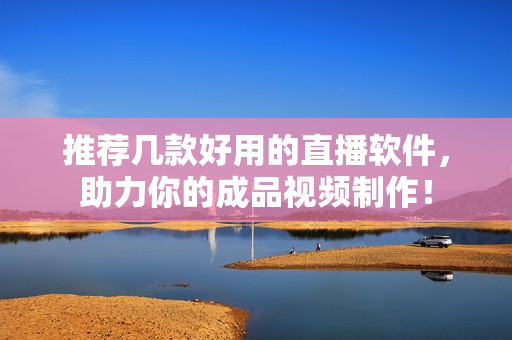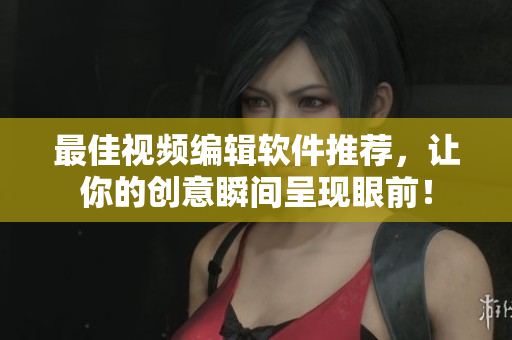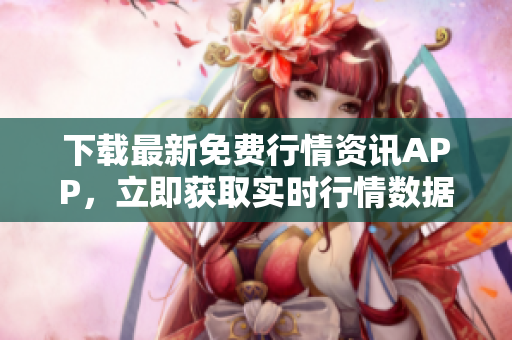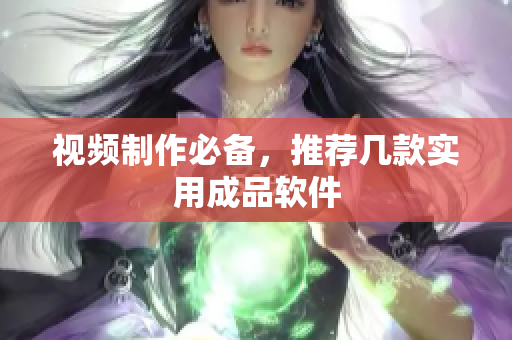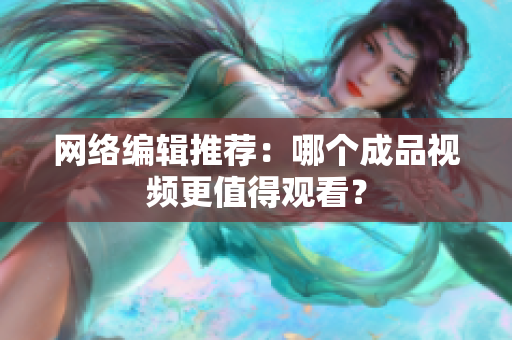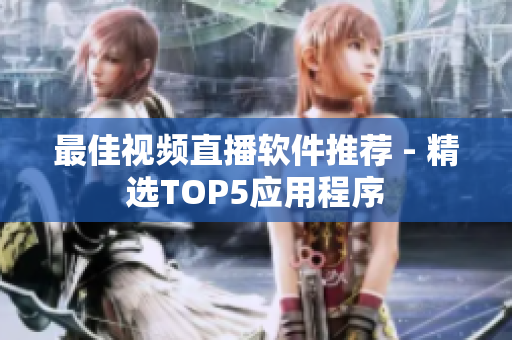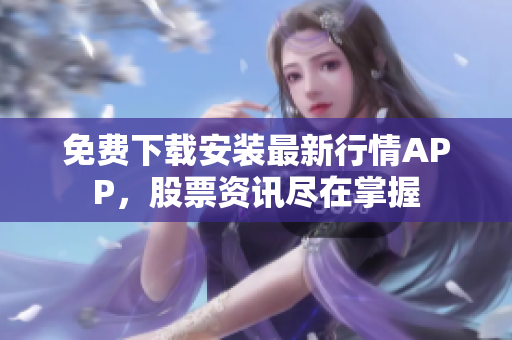English Teacher Behaving Well and Tucking in Her Skirt
In the Western world, teaching is more than just a profession, it is considered an art form. Teachers are not just supposed to impart knowledge to their students, but they are also expected to inspire and mentor them. One of the hallmarks of a great teacher is her ability to lead by example. One such example is when the English teacher tucks in her skirt.
The act of tucking in one's skirt may seem inconsequential, but it is actually a sign of respect and professionalism. When a teacher tucks in her skirt, she is showing her students that she takes pride in her appearance and that she is serious about her job. It also signifies that she is ready to start the day and is willing to put in the effort required to provide her students with a quality education.
Apart from the practical benefits, tucking in one's skirt also has cultural significance. In many parts of the world, it is considered a sign of modesty and respectability. By behaving in this way, the English teacher is conveying to her students that she is a role model and that they should look up to her for guidance.
Sugar Heart's Short Video Vlog and the Art of Storytelling
With the rise of social media, short-form video content has become increasingly popular. One such channel that has gained a significant following is Sugar Heart's Short Video Vlog, hosted by the charming and talented Yuzu Cat. What sets her content apart from others is her ability to tell stories.
Storytelling is an art form that has been around for centuries. It is a way of conveying ideas and emotions in a way that is relatable and engaging. The most successful storytellers are those who can connect with their audience on a personal level. Yuzu Cat does this effortlessly, using her natural charisma and creativity to draw in her viewers and keep them hooked.
Through her short videos, Yuzu Cat shares snippets of her life, as well as her thoughts and opinions on various topics. She also uses her platform to raise awareness about important issues, such as mental health and animal welfare. This is a testament to her commitment to making a positive impact on the world.
The Importance of Early Childhood Education
The first few years of a child's life are critical for their development. This is why early childhood education is so important. During these formative years, children are like sponges, soaking up information from their surroundings. It is the responsibility of parents and caregivers to provide them with a nurturing environment that will allow them to thrive.
Early childhood education is not just about academics. It is also about socialization and emotional development. Children who receive a good early education are more likely to be confident and well-adjusted adults. They also tend to have better outcomes in terms of employment and earning potential later in life.
Unfortunately, not all children have access to quality early childhood education. This is especially true for those from low-income families. It is therefore important for government and private organizations to invest in programs that will provide these children with the tools they need to succeed.
Nurturing Our Youngest Minds: The Importance of Early Childhood Care
The first few years of a child's life are some of the most important. During this time, their brains are developing at an incredibly fast pace. It is therefore crucial that we provide them with the care and attention they need to thrive.
Early childhood care is not just about basic needs such as food, clothing, and shelter. It is also about providing a safe and nurturing environment that will allow children to grow and develop in a healthy way. This includes access to quality healthcare, play-based learning opportunities, and socialization with other children.
The benefits of early childhood care are numerous. Children who receive quality care are more likely to be healthy, happy, and successful later in life. They also tend to have better outcomes in terms of education and employment. It is therefore important for parents, caregivers, and policymakers to prioritize early childhood care and invest in programs that will benefit the youngest members of our society.



